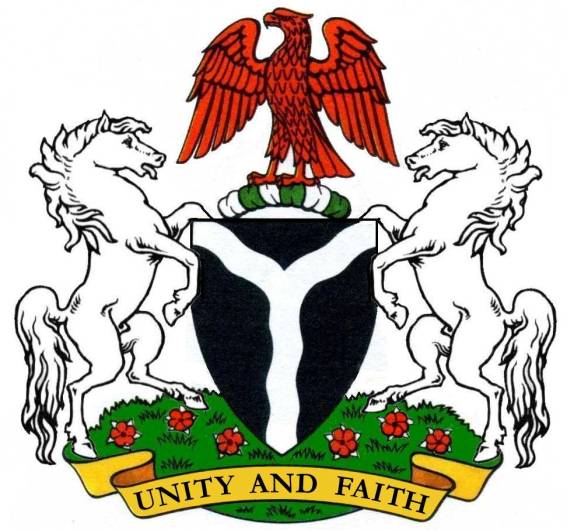The trade relationship between Nigeria and the United States has reached $10 billion annually, according to Mr. Will Stevens, the Consul-General of the U.S. Consulate in Lagos.
Speaking at the opening of the African Growth and Opportunity Act (AGOA) workshop recently, Mr. Stevens highlighted the balanced trade between both countries, with an almost equal split of $5 billion in exports from Nigeria and the U.S. respectively.
However, he emphasised that a large portion of Nigeria’s exports under AGOA, approximately $3.8 billion, is tied to oil-related products. He called for diversification of Nigerian exports, especially as the oil and gas sector contributes less than eight percent to Nigeria’s gross domestic product (GDP).
“Where is the rest of your economic activity, and why is it not being exported to the United States?” Mr. Stevens asked.
AGOA provides sub-Saharan African countries, including Nigeria, with duty-free access to the U.S. market for over 1,800 products, enabling countries to tap into the vast U.S. economy. Mr. Stevens stressed that the U.S. market offers Nigerian businesses immense opportunities to grow, particularly with U.S. states like California, Texas, and New York ranking among the world’s largest economies.
The Deputy U.S. Trade Representative for Africa, Mr. Osvaldo Gomez-Martinez, reiterated that Nigeria has the potential to increase its exports under AGOA, especially in the non-oil sectors. He urged Nigerian businesses to explore manufacturing and agricultural sectors, which present significant opportunities for growth and diversification.
Mr. Gomez-Martinez explained that although oil dominates trade between Nigeria and the U.S., accounting for 98 percent of Nigeria’s exports under AGOA, the future lies in expanding into non-oil products. He noted that compliance with U.S. regulations and market standards, along with overcoming logistical challenges, are critical steps for Nigerian exporters to successfully tap into the U.S. market.
Mr. Charles Odii, Director-General of the Small and Medium Enterprises Development Agency of Nigeria (SMEDAN), also addressed the workshop. He acknowledged the challenges faced by SMEs but expressed optimism, citing recent federal government interventions. He lauded the government for initiatives such as the N200 billion fund for enterprises, which includes grants for nano-businesses.
Mr. Odii highlighted the establishment of the National Council of SMEs to improve the ease of doing business, positioning small businesses for growth and enabling them to better leverage opportunities like AGOA.
Mr. Stevens and Mr. Gomez-Martinez both emphasized the U.S. government’s commitment to strengthening bilateral trade through initiatives like Prosper Africa. This U.S. initiative seeks to scale two-way trade and investment between Africa and the United States, aiming to enhance global supply chain security and create jobs in both regions.





